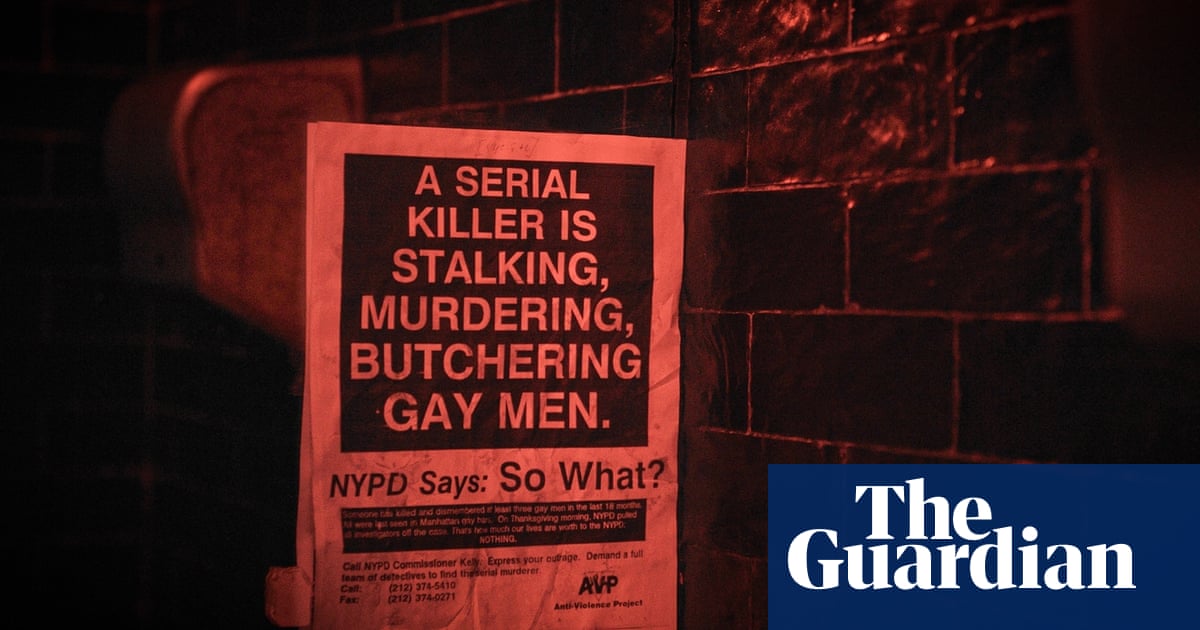
If Jackie Mason could speak to us now, he’d surely be reporting back on the amusing ways in which Jews do the afterlife. But if we’ll never get to hear that particular hot take (“If it’s in the news,” he used to say, “it’s in the show”), in his long career in comedy Mason made sure to cover his people’s every other trait and proclivity. If anyone ever doubted that Jewish America had created standup comedy as we now know it, Mason – born Yacov Moshe Maza – stood as living proof.
That’s part of what made his shows compelling long after his opinions curdled and his comedy fell from fashion. The theatres he played in were like Tardises spinning us back to the so-called Borscht Belt of the Catskill mountains in the 1950s, where Jewish America spent its summers laughing at Sid Caesar, Milton Berle, Jack Benny – and Mason himself, who worked as a busboy and a lifeguard there before turning his hand to jokes. He was good at them, so he quit working as a rabbi – a career path followed by his three brothers and all their male forebears – and the rest was comedy history.
Some have described his standup style as rabbinical in its rhythms. It was certainly (at least in Mason’s later years, when I started watching his shows on his regular UK visits) focused on Jewishness – cosmetically, at least. It was only once the ear habituated to his “Jews do this”, “Jews do that” material that you realised Mason used the word where others might simply say “people”. His jokes marvelled that other folks were schmucks, while laughing at what a schlemiel (fool) he could be himself. They mocked pretention – from the perspective of someone self-identifying as the smartest guy in the room. Mason offered this up as a Jewish way of being; others might recognise it as the human condition.
That’s not to deny the specificity of his shtick. “Jewish behaviour, Jewish values, Jewish attitudes,” he once said, “the life of the Jew is encapsulated in this kind of comedy.” The condition of the Jew in mid-century America (the outsider looking in, sceptical of the whole shebang yet desperate to fit in; self-assertion at war with self-mortification) is, or became, indistinguishable from standup sensibility more widely. Early in his career, this comic who spoke Yiddish to his family was advised to smooth out his heavy accent. He refused – and now, how Mason spoke (Lower East Side with Yiddish inflections) feels very much like live comedy’s native tongue.
Then there’s the bluntness of his joke-telling. He wasn’t an anecdotalist or a conversational standup. He didn’t develop arguments. “If I say a word or a line or even a sentence that doesn’t get a laugh then I throw it out, because it’s not important to me to deliver a message.” It was about the jokes. “My grandfather always said that I shouldn’t watch my money. That I should watch my health. So while I was watching my health, someone stole my money. It was my grandfather.” Characteristically, the gag is honed to minimise verbal exertion. Physical exertion, too, latterly. He was spry in the 1960s, with control, grace and bright eyes. But in his later work, he was static: one critic compared his onstage gait to that of Frankenstein’s monster.
The comparison doesn’t end there, given that Mason’s career was itself reduced to a pile of used body parts in the 1960s (after a notorious row with TV host Ed Sullivan, followed by one of the biggest flops in Broadway history) then reanimated in the 80s with award-winning comeback The World According to Me. This was the start of Mason’s purple patch: awards and acclaim stacked up, Broadway became his second home, and a much-read New Yorker profile hailed him as more “rampaging surrealist”, in the Marx Brothers vein, than Borscht Belt hack. A bit of a stretch, that, but in Mason’s signature routine, a quickfire, mind-twisting two minutes about his therapist’s futile pursuit of “the real me”, you can see what the writer meant.
Later critics began to reach for brickbats as well as bouquets. Mason’s 1994 show was called Politically Incorrect. Middle-aged male comics fetishising their own reactionary tendencies is not a new thing but, on stage and off, the jokes about black people (including one about Barack Obama’s “tan”) and the comedy Indian accents felt outdated. The division of the world into unalike Jews and gentiles, the stereotypes and generalisations, stated as if they were facts of life – all felt less funny as the decades rolled on. His 2002 show Prune Danish, wrote the New York Times, “play[ed] fast and loose with the line between humour and hate speech”.
Mason hit back, calling the critic “a sick bastard… insane”. He later told an interviewer: “People should be shot immediately in the street, if they say Jackie Mason is a bad human being.” Even on the defensive, Mason never minced a word. The best of his comedy – when he tread lightly enough to pull it off – rejoiced in its Manhattanite bluntness, the sweeping absolutism of its convictions and the effortless economy of Mason’s technique. There were times when he made it difficult for us. But anyone who saw him live, and by doing so plugged themselves briefly into the mains of standup history, can only feel grateful today that they did so.












